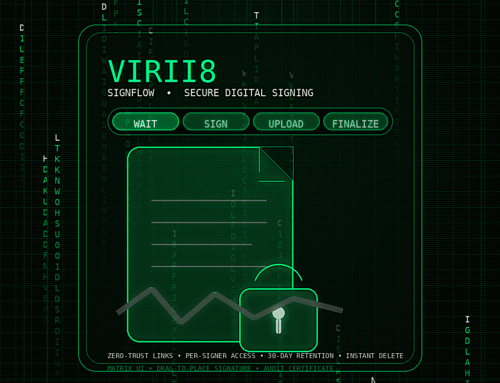
Approx. read time: 4.2 min.
Post: Unraveling the Mystery: How Sleep Enhances Memory in Toddlers
Unraveling the Mystery: How Sleep Enhances Memory in Toddlers
Recent findings published in the Journal of Sleep Research have cast a spotlight on an aspect of child development that could revolutionize our understanding of learning in early years. This study, led by Neele Hermesch and colleagues, set out to explore how sleep after learning sessions impacts memory consolidation in toddlers, particularly focusing on the age groups of 15 and 24 months. What they discovered was both revealing and insightful.
The Role of Sleep in Memory Consolidation
Memory consolidation, the process through which our brains convert short-term memories into long-term ones, is crucial for learning and retention. During sleep, especially in the phases of slow-wave and REM (rapid eye movement) sleep, our brains are busy at work. They strengthen neural connections and reorganize information, making our memories more stable and enduring. This is why, regardless of age, sleep is paramount for solidifying what we learn.
The Experiment: Screen Time, Sleep, and Memory
Hermesch’s team conducted a study employing the deferred imitation paradigm to assess memory consolidation. This involved showing toddlers actions on a screen and observing their ability to replicate these actions after a period. The study grouped infants into three categories: those who napped post-learning, those who didn’t nap, and a control group that wasn’t exposed to the learning session but participated in the test phase.
The intriguing part? Toddlers who napped within four hours of the learning session displayed a significantly better ability to recall and replicate the observed actions, with 24-month-olds showing a more pronounced capability than their 15-month-old counterparts. This finding not only highlights the critical role of sleep in memory consolidation but also suggests that as toddlers grow, their capacity to remember and learn from screen time improves, particularly if they sleep soon after.
Caregiver Interaction: A Variable in the Equation
One might wonder whether the involvement of caregivers during the screen time sessions influenced the outcomes. The study made an interesting observation here: whether caregivers interacted with the toddlers or not during the viewing did not significantly affect the results. This underscores that the act of sleeping itself, rather than the immediate learning environment, plays a more crucial role in memory consolidation.
Screen Time: A Consideration in Modern Parenting
In an era where screen time is often unavoidable, even for the youngest members of our society, these insights are particularly valuable. They suggest that strategic napping post-screen time could enhance learning and memory among toddlers. This knowledge could inform parenting strategies, emphasizing not just the quantity but the timing of sleep in relation to learning activities.
The Bigger Picture: Sleep, Learning, and Development
While the study focused on screen-based learning, its implications stretch far beyond. It reinforces the importance of adequate sleep for toddlers, not just for overall health but as a cornerstone of cognitive development and learning efficiency. For parents and caregivers, this could mean prioritizing nap times after learning activities, be it reading, playing, or watching educational content.
Conclusion: Embracing Sleep as a Learning Ally
In conclusion, Hermesch’s research offers a compelling glimpse into the symbiotic relationship between sleep and memory consolidation in toddlers. It suggests a simple yet powerful tool for enhancing early learning: a timely nap. As we navigate the challenges of integrating screen time into our children’s lives, these findings serve as a reminder of the fundamental roles sleep plays in their development.
The journey of learning and memory in early childhood is complex and multifaceted. As research continues to unfold, one thing is clear: sleep is not just a period of rest but a critical ally in our children’s journey of discovery and learning. By fostering healthy sleep habits, we’re not just ensuring our toddlers wake up refreshed; we’re laying the groundwork for a lifetime of learning and memory retention.
In a world where the pace of learning is ever-accelerating, let’s not forget the power of something as simple as a good nap. After all, the keys to unlocking the full potential of our little ones’ minds might just lie in the peaceful embrace of sleep.
In navigating the intricacies of toddler development, understanding the role of sleep in memory consolidation is invaluable for parents and caregivers alike. Embracing the insights this study provides can empower us to make informed decisions about our toddlers’ daily routines, ensuring they get the most out of their learning experiences while fostering a healthy relationship with sleep.









